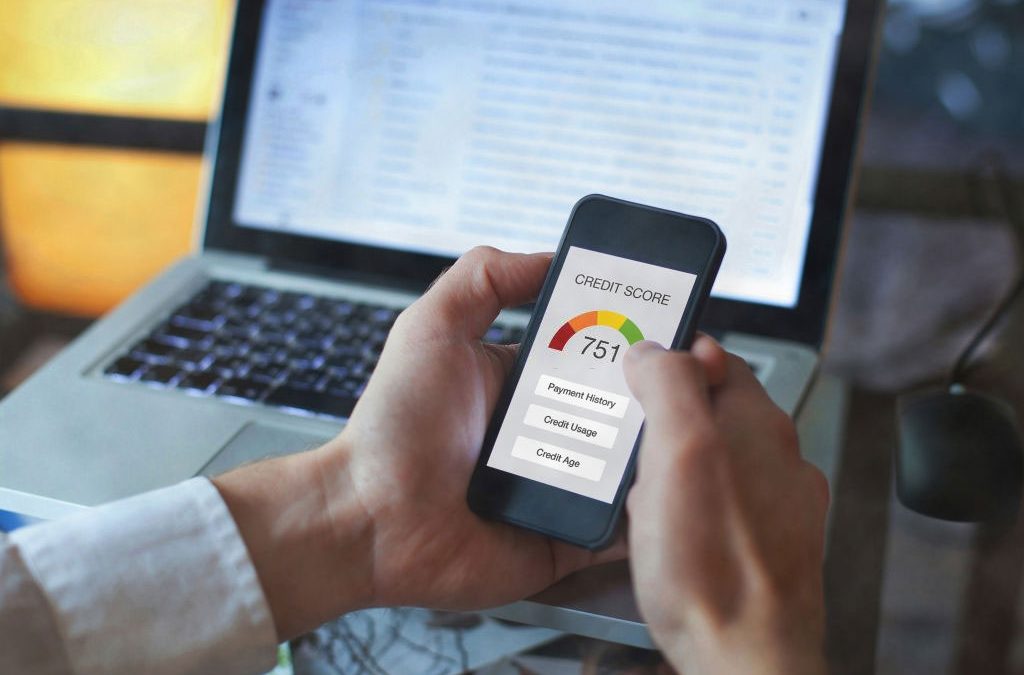A credit score, also known as a FICO credit rating, is a statistical term calculated on an individual’s credit reports to represent the creditworthiness of an individual. A credit score, unlike a credit report is mainly based upon a credit history, usually sourced from three credit agencies. This information is used by lenders and other potential creditors to determine whether or not an individual will be able to repay their debts. It is essentially the amount of money that the lender is willing to lend you based upon your credit history. Although it may seem like a simple concept, understanding how credit scores work and how they affect your ability to get approved for loans and credit cards is important.
How credit scores are calculated is complicated. The three major credit agencies that compile the data, called credit agencies, all have different criteria for evaluating credit scores. These different criteria make it possible for them to come up with different credit scores. This different criteria that they use for computing your credit scores are based upon a wide range of factors.
One of the most important factors that they consider is the number of times you’ve missed credit payments in your past. Many people have more than one type of payment or a series of similar mistakes on their credit reports. If you have many bad credit scores due to this type of activity, it can cause you to be denied for a number of different things.
Another factor that they take into consideration is the length of time that you’ve had your credit accounts open. Lenders only want to give out loans to people who are stable financially. This stability is reflected in your credit scores by the number of times you’ve made payments on time. Lenders use your credit history to determine how likely you will be able to pay back the loan on time each month. If you’ve had three or more open accounts within the last thirty days, it can negatively affect your credit scores.
The amount of debt that you owe is also taken into consideration. Lenders look at the amount of the total outstanding debt that you owe in order to determine how risky you are as a borrower. It’s important that you try to pay off this debt as quickly as possible. The longer you have this debt, the higher your credit scores will generally be. If you currently have a large amount of debt, it’s a good idea to consult an expert to find out what options you have that will improve your credit scores in the shortest amount of time.
One of the most important factors that goes into deciding your credit score is your history on paying bills. Lenders are not concerned with how many times you’ve paid bills on time, but rather the number of times you were late. If you have a pattern of missing bills or making late payments, lenders will consider you to be irresponsible when it comes to financial responsibility. This means that if you consistently make late payments, your credit reports and FICO scores will be lower than other people. Fortunately, there are many options available to help you get rid of your high levels of delinquency.
There are a number of ways that you can improve your credit scores. It all starts with knowing what information is reported on your credit report and FICO scores. Once you know what is going to affect your scores, you can take steps to change the way that you conduct yourself when borrowing money. By following these tips, you’ll soon be on the road to better FICO and credit karma scores.

